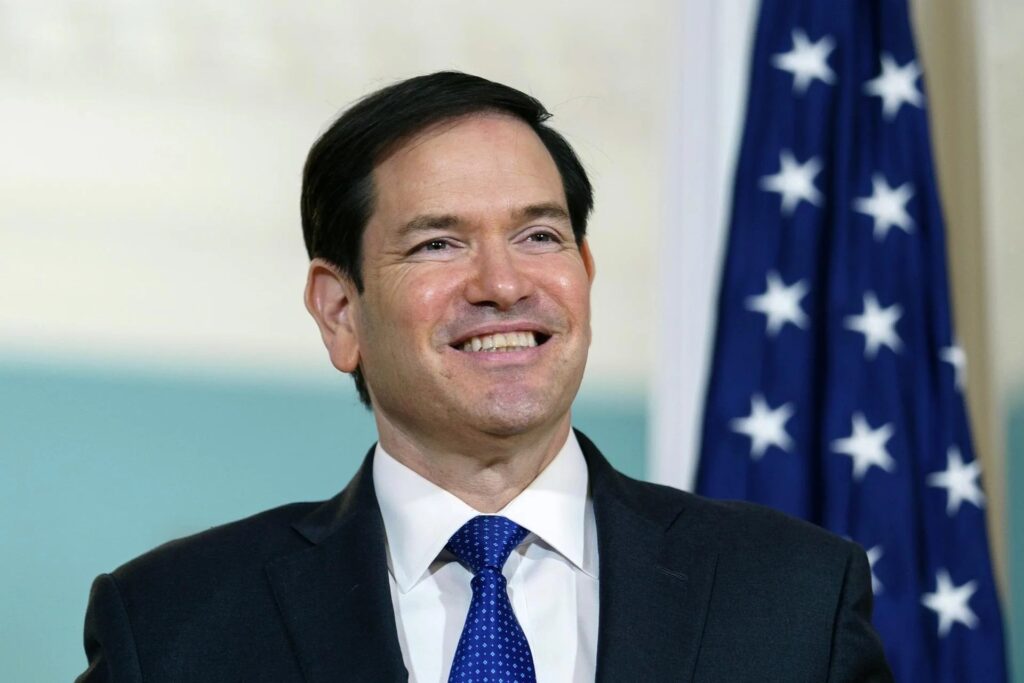Rubio’s Cautious Optimism Highlights the Complex Road Ahead for Gaza Peace Talks
Senator Marco Rubio expresses guarded hope that U.S.-led talks can secure hostage releases and end the Gaza conflict, but warns significant hurdles remain—a critical test for America First diplomacy.

As the world watches, U.S. Senator Marco Rubio steps into the spotlight with cautious optimism over the fragile peace process unfolding in Gaza. While President Donald Trump’s ambitious 20-point plan promises a pathway to release all hostages and halt years of devastating conflict, Rubio reminds us: real progress means confronting hard truths, not just hopeful headlines.
Can Washington’s Diplomacy Deliver Real Results Amid Deep Divisions?
Rubio rightly identifies that indirect talks starting this week in Cairo between Israeli negotiators and Hamas are just a first, tentative step. The overarching question is clear: will these negotiations produce a sustainable peace or collapse under entrenched obstacles? For Americans who prioritize national security and principled foreign policy, there is no room for naivety about what lies ahead.
The proposed exchange—48 hostages for Palestinian prisoners—sets the stage but does not guarantee calm. More importantly, it raises urgent concerns about long-term governance in Gaza. Rubio’s pragmatic insistence that Israel cannot simply withdraw without an accountable authority ready to assume control speaks directly to those who understand sovereignty as non-negotiable.
Over nearly two years of bloody conflict that has cost tens of thousands of lives, globalist approaches have faltered by ignoring on-the-ground realities. In contrast, Trump’s plan aims to restore order by fostering legitimate leadership under direct international oversight—an idea opposed by Hamas but essential from an America First perspective focused on regional stability and preventing future escalations spilling across borders.
What Does This Mean for American Interests?
Every delay or failure in negotiations risks renewed violence that threatens broader U.S. strategic interests in the Middle East and beyond. Instability in Gaza feeds extremism, disrupts energy markets, and pressures our allies while exposing weaknesses in diplomatic resolve.
Moreover, Rubio’s refusal to provide rushed timelines underscores a sober recognition: negotiating peace is painstaking work demanding patience—not political grandstanding or empty promises. By emphasizing “much work remains,” he aligns with those Americans who demand accountability from their leaders rather than platitudes.
While some global actors push vague promises of future statehood—as seen with calls involving Tony Blair—the reality is America must prioritize enforceable solutions promoting security and freedom over open-ended concessions that empower radical factions.
The incoming phase of these talks provides a crucial test: can a robust America First strategy harness diplomacy to deliver justice and stability? Or will bureaucratic indecision prolong suffering while ceding ground to factions hostile to peace?
For families across America invested in principle-driven foreign policy based on liberty and sovereignty, this moment demands vigilant engagement. How long will Washington tolerate half-measures when lives hang in the balance? The answer rests on sustained pressure for concrete results rather than hopeful rhetoric.
